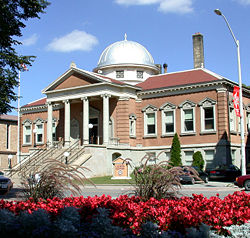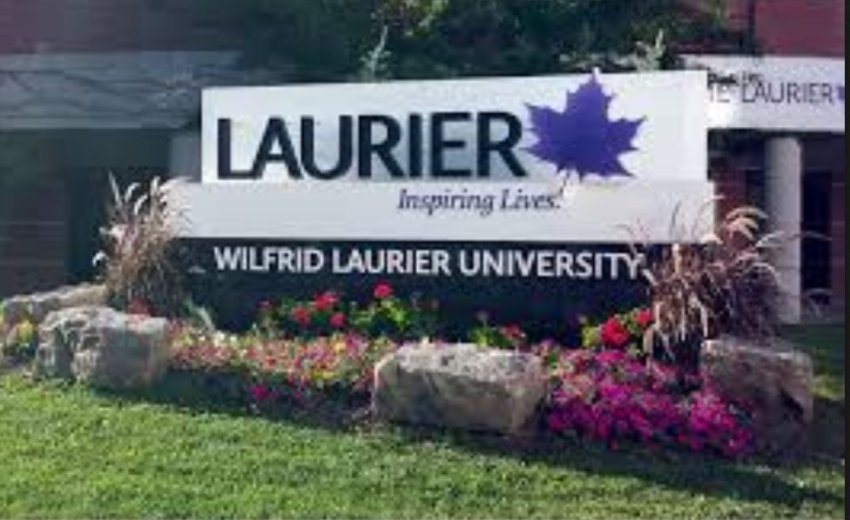 Canadian Sikh professor wins prestigious Early Researcher Award
Canadian Sikh professor wins prestigious Early Researcher Award
Research has implications for understanding and assisting people with brain injuries
Waterloo, Canada - A Sikh psychology professor at Wilfrid Laurier University has received a prestigious Early Researcher Award from the Ontario Ministry of Research and Innovation.
Dr. Sukhvinder Obhi will receive $100,000 to support his research into understanding how spatial information is represented in the brain. The award also gives the university up to $40,000 for indirect costs. Laurier will contribute an additional $50,000.
The award was announced today in Waterloo by Kitchener-Conestoga MPP Leeanna Pendergast.
"I am overjoyed at receiving this award," said Dr. Obhi. "It really does increase our research capacity, and I like that the ministry is investing in young researchers."
Dr. Obhi, who joined Laurier's Psychology Department in 2005, is the principal investigator in Laurier's Cognition in Action Lab, a core lab in the university's Centre for Cognitive Neuroscience. Dr. Obhi and his team (which includes graduate and undergraduate students) study the functional and neural basis of action preparation, the conscious experience of action, and, more recently the contribution of the action system to social cognitive processing.
In one line of research, Dr. Obhi and his team are studying what kind of information the brain uses to represent the position of a target object in space.
"If I reach out to grab an object, my brain has to know where that object is (as well as where my hand is) in order for my grasp to be successful," said Dr. Obhi. "We are interested in the varying effects of other objects that may be in close proximity to the item I want to grasp. In some situations, their presence seems to make us worse at localizing the object, but in others they make us better. We are trying to understand why this might be the case and our ultimate goal is to be able to relate these behaviourial results to brain processes."
In another area of study, the researchers are looking at how the motor system is involved in social cognition.
"We are asking, what is the role of the sensory-motor system in understanding the actions and intentions of other people," said Dr. Obhi. "For example, if you see a person picking up a box located near a rack of similar boxes, you can predict pretty well what the person is going to do with that box. That might be because the brain simulates what your intentions and goals would be if you were performing the same action. By understanding the role of the action system in action observation, we can discover how the brain enables us to learn by watching others, communicate with others and even deceive others' all highly adaptive social skills."
While his research has applications in understanding and assisting people who have brain injuries, Dr. Obhi says research with no immediate application is also vital.
"There is sometimes a tendency these days to focus on application," he said, "and whilst this is very important, it is also crucial not to devalue fundamental science: that is, science where the application may not be immediately obvious, but which allows researchers to take risks in breaking new ground. Being inquisitive and adding to the collective knowledge, for knowledge's sake, is so important."
The Ontario government's Early Researcher Award program aims to help promising, recently appointed Ontario researchers build their research teams of graduate students, post-doctoral fellows, research assistants and associates. The goal of the program is to improve Ontario's ability to attract and retain the best and brightest research talent from around the world.
